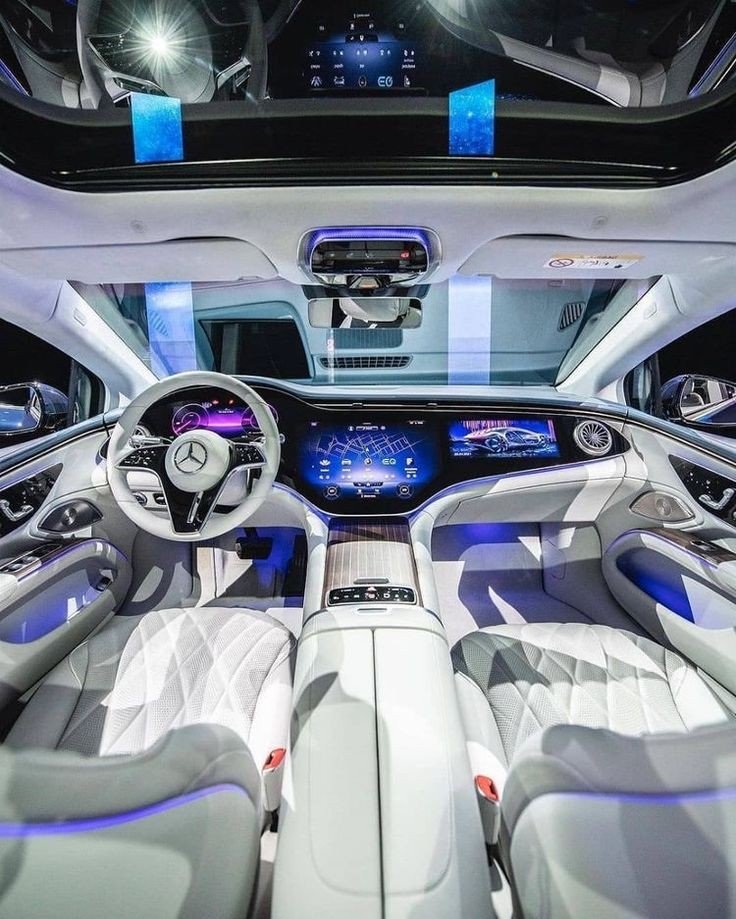
When deciding between an electric vehicle (EV) and a hybrid vehicle, there are several factors to consider. Both types of vehicles offer environmental benefits and cost savings compared to traditional gasoline-powered cars, but they come with their own set of advantages and disadvantages. Understanding the pros and cons of each can help you make an informed decision that best suits your needs, lifestyle, and budget.
Electric Vehicles (EVs)
How Electric Vehicles Work
Electric vehicles run entirely on electricity, using a large battery to power an electric motor. This means they produce zero tailpipe emissions and rely on electricity stored in batteries, which are recharged through external power sources like home charging stations or public charging points.
Environmental Impact of Electric Vehicles
One of the most significant advantages of electric vehicles is their environmental impact. Since EVs don’t burn fossil fuels, they produce no direct emissions, making them a cleaner option, especially in urban areas where air quality is a concern. Additionally, as renewable energy sources like wind and solar power become more prevalent, the electricity used to charge EVs is increasingly cleaner, further reducing the overall carbon footprint.
Operating Costs and Maintenance of EVs
Another benefit of electric vehicles is their low operating costs. Electricity is generally cheaper than gasoline, and because EVs have fewer moving parts, they require less maintenance. There’s no need for oil changes, and components like brakes often last longer due to regenerative braking systems that reduce wear and tear. These factors can lead to significant savings over the lifetime of the vehicle.
Challenges and Limitations of Electric Vehicles
However, electric vehicles also come with some drawbacks. One of the primary concerns for potential EV owners is range anxiety, the fear that the vehicle will run out of battery power before reaching a charging station. While the range of EVs has improved significantly in recent years, with many models now offering 200 to 300 miles per charge, it’s still a limitation compared to the range of gasoline-powered vehicles. This can be particularly challenging in areas with limited charging infrastructure.
Charging time is another consideration. Even with fast chargers, it can take significantly longer to recharge an EV compared to refueling a gasoline car. Home charging stations can mitigate this issue for daily use, but long road trips may require careful planning to ensure access to charging stations along the route.
The initial cost of electric vehicles is also higher than that of traditional cars or hybrids, although government incentives and rebates can offset some of this expense. The cost of batteries, which are the most expensive component of an EV, is gradually decreasing, but it still contributes to the overall higher price. Additionally, while EVs have lower maintenance costs, the cost of battery replacement after several years of use can be significant, though this is becoming less of an issue as battery technology improves.
Hybrid Vehicles
How Hybrid Vehicles Work
Hybrid vehicles combine an internal combustion engine with an electric motor, allowing them to switch between or simultaneously use both power sources. This dual system offers a middle ground between traditional gasoline-powered vehicles and fully electric vehicles.
Fuel Efficiency and Environmental Impact
One of the primary advantages of hybrid vehicles is fuel efficiency. Hybrids are designed to optimize fuel usage by utilizing the electric motor for low-speed driving and the gasoline engine for higher speeds or when additional power is needed. This results in better fuel economy compared to standard gasoline vehicles, making hybrids a cost-effective option for those who drive frequently and want to save on fuel costs.
Hybrids also tend to have lower emissions than traditional vehicles, although not as low as electric vehicles. The use of an electric motor reduces the amount of fuel burned, leading to fewer emissions, especially during city driving where the electric motor is more frequently in use. This makes hybrids an environmentally friendly option without the limitations of a fully electric vehicle.
Range and Practicality of Hybrids
Another benefit of hybrids is the extended range compared to electric vehicles. Since hybrids can rely on gasoline when the electric battery is depleted, there’s no range anxiety, and refueling is quick and easy at any gas station. This makes hybrids a more practical option for long-distance driving or in regions where charging infrastructure is not well developed.
Cost and Maintenance Considerations
However, hybrids are not without their disadvantages. While they are more fuel-efficient than traditional cars, they don’t eliminate emissions entirely, which may be a consideration for environmentally conscious consumers. Additionally, the complexity of the hybrid powertrain can lead to higher maintenance costs in the long run, as there are more components that could potentially require repairs.
The initial purchase price of hybrids is also higher than that of standard gasoline vehicles, though typically lower than that of electric vehicles. While hybrids offer savings on fuel, the overall cost-effectiveness can vary depending on fuel prices and how much you drive. For drivers who cover long distances regularly, the fuel savings can be substantial, but for those who drive less, the savings might not justify the higher upfront cost.
Another consideration is the driving experience. Some drivers may find that hybrids lack the power and responsiveness of traditional gasoline engines, particularly in models that prioritize fuel efficiency over performance. While many hybrids offer a smooth and quiet ride, the transition between the electric motor and gasoline engine can be noticeable, which might detract from the driving experience for some.
Conclusion
Choosing between an electric vehicle and a hybrid vehicle depends on your priorities and driving habits. Electric vehicles offer the benefits of zero emissions, lower operating costs, and a quiet, smooth driving experience, but they come with limitations in range, charging time, and higher upfront costs. Hybrid vehicles provide a balance of fuel efficiency, extended range, and environmental benefits without the range limitations of EVs, but they still rely on fossil fuels and may have higher maintenance costs over time.
For those who prioritize environmental impact and have access to reliable charging infrastructure, an electric vehicle may be the best choice. However, if you need a vehicle with longer range capabilities or live in an area with limited charging options, a hybrid might offer the best of both worlds. Ultimately, both options represent a significant step forward from traditional gasoline-powered cars, offering more sustainable and cost-effective ways to drive.
ALSO READ: The 2024 Mercedes-Benz E-Class vs. BMW 5 Series: Luxury Sedan Showdown







